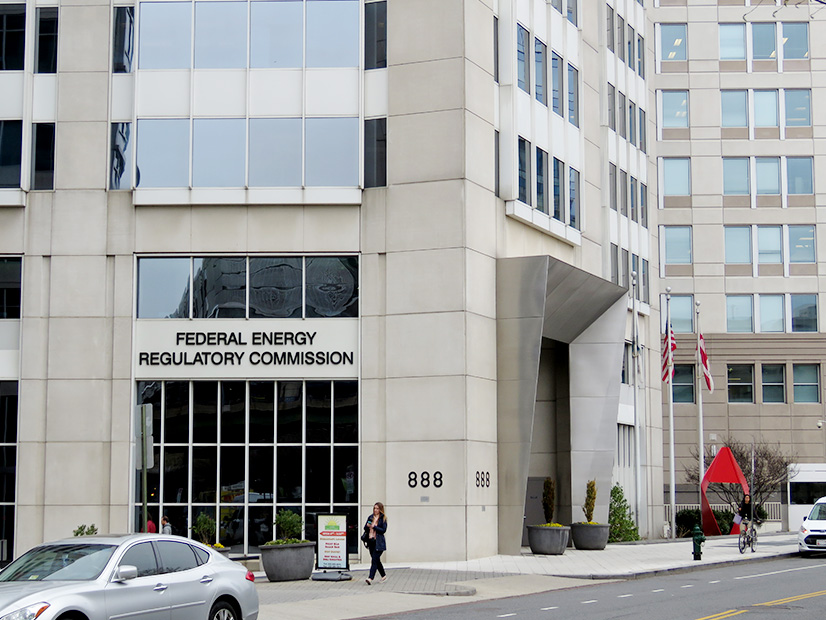FERC has released its fiscal year 2025 congressional justification, which would have the agency fund itself with $532 million from fees and annual charges assessed to its regulated entities.
The request is up from $508.4 million last year but is short of its requirement of $565.4 million, though FERC can defer some of that with $33.4 million that it brought in earlier and did not spend. The funding would support 1,576 full-time equivalent employees, 68 more than in 2023.
“The commission allocates 62% of its budget to directly cover personnel compensation costs of its employees on an annual basis,” said the request, released March 11. “The commission’s request reflects a personnel compensation increase of $39.6 million, or 12.8%, above the FY 2023 enacted level to support an increase of 68 FTEs and accounts for an estimated 2% pay raise in January 2025.”
FERC is using money from the Inflation Reduction Act to speed its permitting efforts’ timelines and to increase its public outreach in communities with environmental justice concerns.
The request includes $152.5 million to support information technology investments, an increase of $36.9 million or 31.9% over 2023. The increase would fund improvements including a series of proofs of concept to harness the generative power of artificial intelligence.
“The utilization of AI promises to enhance efficiencies across various FERC program offices, ultimately leading to substantial benefits in the execution of the commission’s mission,” the request said.
The funding request includes an $8.9 million cut in rental costs as FERC has consolidated its employees in the D.C. area into its headquarters and has lowered the amount of space its operations require.
The electric industry is responsible for most of the funding, with FERC expecting to collect $319 million across hydropower ($124.8 million), natural gas ($106.9 million) and the oil industry ($13.8 million).
The document also includes brief descriptions of what FERC has been up to and its plans to move specific policies along. The paper discussed its transmission NOPR, which has produced Order 2023 mandating changes to the commission’s pro forma interconnection rules.
“The commission will also consider requests for rehearing of Order No. 2023 and evaluate Order No. 2023 compliance filings with respect to changes to transmission providers’ generator interconnection procedures and agreements,” the document said.
The industry expects another final rule on transmission planning and cost allocation, and FERC said it would “continue to evaluate feedback from the public” on its NOPR to “help inform whether further commission action is appropriate.”




